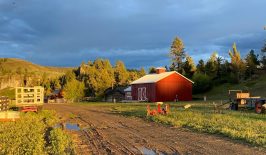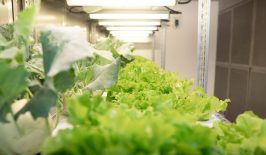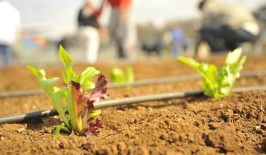A lot of attention has been focused on the potential loss of some of India’s most prized endangered species – the Bengali Tiger springs immediately to mind. The loss of biodiversity in India is particularly concerning given that the country is home to such a large proportion (around 10%) of the world’s biodiversity, making it a biodiversity hotspot.
The focus has been on the fact that many of India’s species ( both animal and plant) are under threat. According to the BBC, India has 929 threatened species – with a large increase in the past few years. This also means that India is number 7 on the global ‘shame list’ when it comes to biodiversity preservation.
But what are the reasons for this? Why does India fare so badly when it comes to biodiversity preservation?
Part of the problem is that there is still a very wide gap in knowledge in India when it comes to the mapping and protection of biodiversity. According to the BBC, only around 70 percent of India’s fauna and flora has been mapped and is regularly monitored which means that a lot of information on how many new or endangered species actually exist. Another big gap in biodiversity protection is around India’s coastline with only 1% protected from badly planned and illegal developments leaving a lot of India’s fish and coral reefs vulnerable.
The good news is that India’s government is investing a lot of money and resources on biodiversity conservation and many advocacy groups now focus on the importance of saving not only animal species but also see the value in protecting seed varieties in the country. Seed banks have been set up and the important link between seed saving and food security has been recognised. What is paramount is that biodiversity preservation stays a top priority on the agenda of India’s government and citizens.
Author: Carrie Byrne/ RESET editorial








